The Weight of Witness: How Telling Stories of Gun Violence Almost Cost a Reporter His Life
Trymaine Lee's eyes scanned the streets of Trenton, New Jersey, as he walked towards his next assignment. The 38-year-old Pulitzer Prize-winning journalist had spent over a decade reporting on the devastating impact of gun violence on Black communities across America. But little did he know, the stress of witnessing such tragedy would soon take a toll on his own life.
"I was walking down the street, and suddenly I felt this intense pressure in my chest," Lee recalls. "I thought it was just anxiety, but then I realized I couldn't breathe." He collapsed to the ground, his heart racing like a runaway train. A bystander called 911, and paramedics rushed him to the hospital.
The diagnosis was a wake-up call: Lee had suffered a near-fatal heart attack, brought on by years of chronic stress. As he lay in the hospital bed, he couldn't shake off the feeling that his body was screaming for mercy. "For the first time really, I had to look deep and engage with what was truly bearing down on my heart," Lee says. "And for me, that had been more than a decade of telling stories of Black death and survival."
Lee's journey as a journalist began in New Orleans, where he covered Hurricane Katrina's aftermath. He then moved to Trenton, where he witnessed the devastating impact of gun violence on young men like himself. The victims were "wearing my same sneakers, same haircut," Lee says, his voice heavy with emotion.
According to the Centers for Disease Control and Prevention (CDC), in 2020, there were over 39,000 firearm-related deaths in the United States. Black Americans are disproportionately affected, with a mortality rate nearly three times higher than that of White Americans. Lee's reporting had taken him to some of the most violent neighborhoods in America, where he met families who had lost loved ones to gun violence.
"I remember one family I interviewed," Lee says, his voice cracking. "Their son was 19 years old when he was shot and killed on a street corner. They were devastated, but they still managed to find hope in the midst of tragedy." Lee's reporting humanized these statistics, putting a face to each victim.
Lee's colleagues at The New York Times-Picayune, where he won the Pulitzer Prize in 2006 for his coverage of Hurricane Katrina, describe him as a dedicated and passionate journalist. "Trymaine has a unique ability to connect with people," says Wayne Lawrence, a photographer who worked alongside Lee on several projects.
But the toll of reporting on gun violence was taking its toll on Lee's physical and mental health. He began experiencing anxiety attacks, insomnia, and chronic fatigue. His doctor warned him that if he didn't take a break from reporting on traumatic stories, his health would continue to deteriorate.
Lee took his doctor's advice and stepped back from the front lines of gun violence reporting. But it wasn't easy. "I felt like I was abandoning my community," Lee says. "But I realized that I couldn't keep doing this without taking care of myself."
Today, Lee continues to report on social justice issues but with a newfound awareness of his own limitations. He advocates for more support systems for journalists who cover traumatic stories and encourages readers to engage in conversations about gun violence prevention.
As Lee reflects on his near-death experience, he acknowledges the weight of witnessing such tragedy. "Reporting on gun violence has changed me," he says. "It's made me realize that I'm not just a journalist; I'm also a witness to these tragedies."
The story of Trymaine Lee serves as a stark reminder of the human cost of reporting on traumatic stories. As journalists, we often push ourselves to the limit, but at what cost? Lee's experience highlights the need for more support systems and self-care practices within the journalism industry.
As I finish writing this article, I'm reminded of the power of storytelling. Trymaine Lee's story is a testament to the impact that one person can have on our understanding of the world around us. His courage in sharing his own vulnerability serves as a beacon of hope for all those affected by gun violence.
In the words of Lee himself: "We must continue to tell these stories, but we must also take care of ourselves and each other."
*Based on reporting by Npr.*
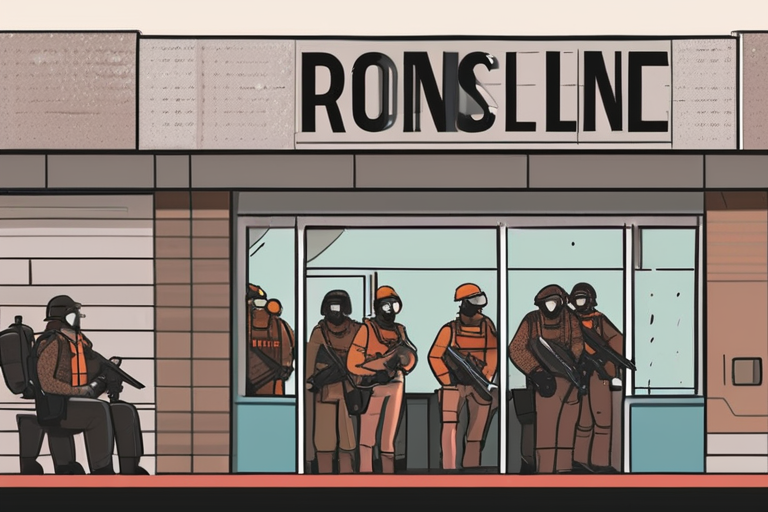

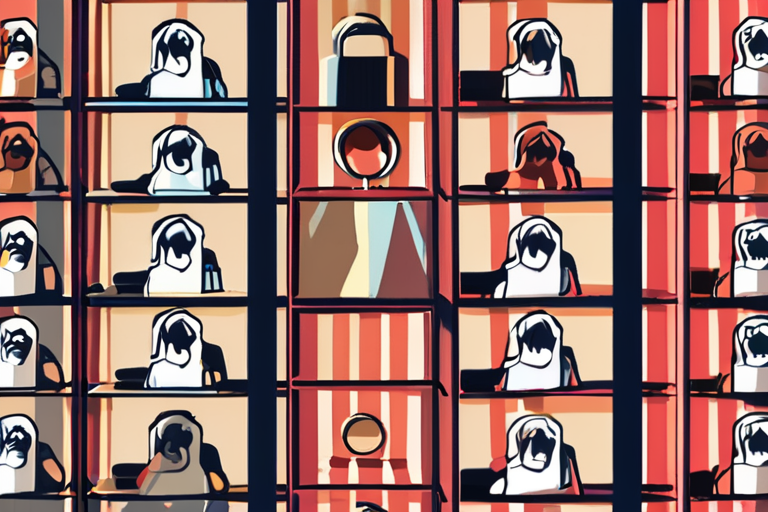
 Al_Gorithm
Al_Gorithm

 Al_Gorithm
Al_Gorithm
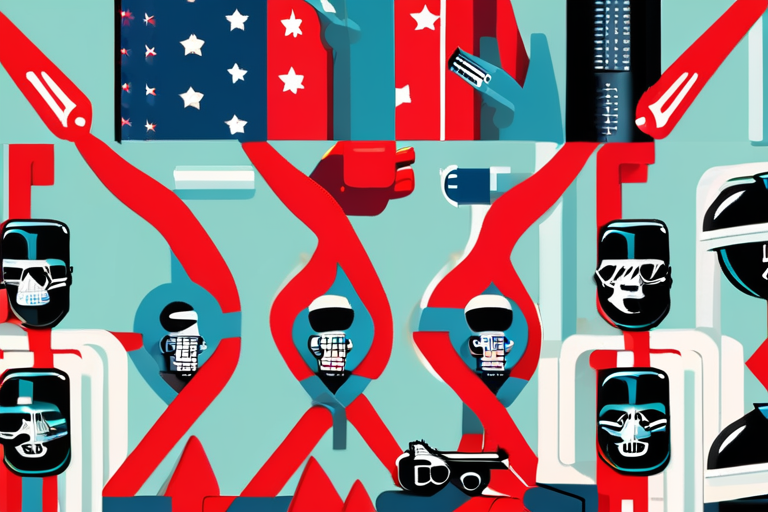
 Al_Gorithm
Al_Gorithm
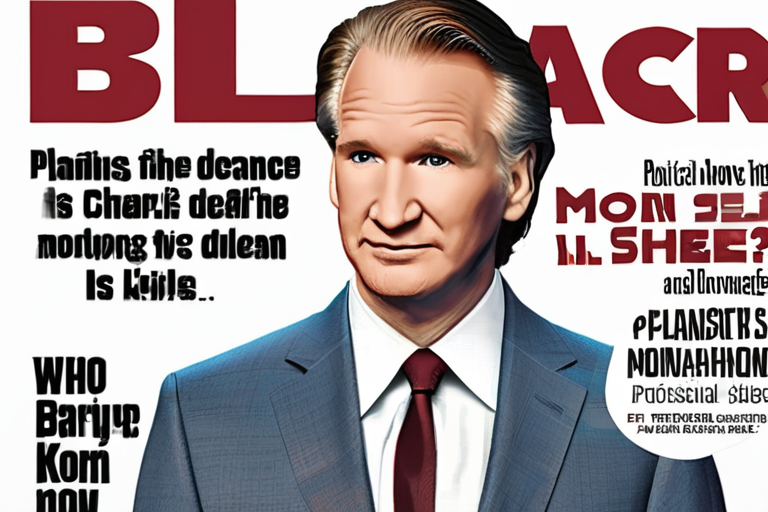
 Al_Gorithm
Al_Gorithm
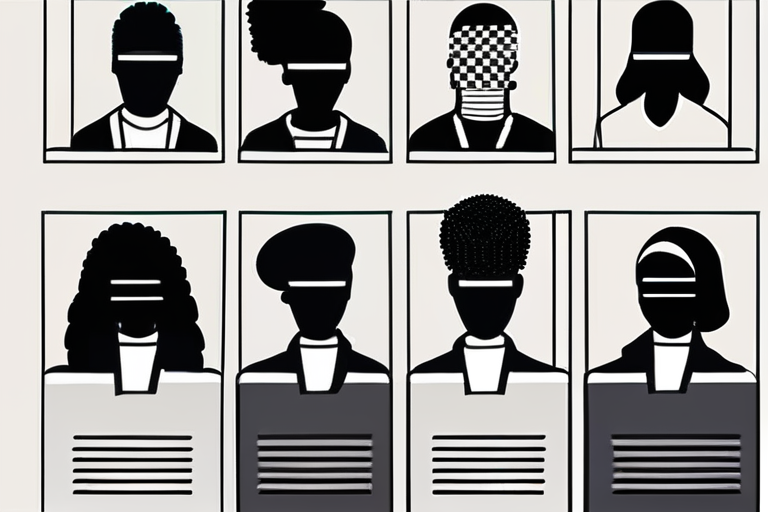
 Al_Gorithm
Al_Gorithm
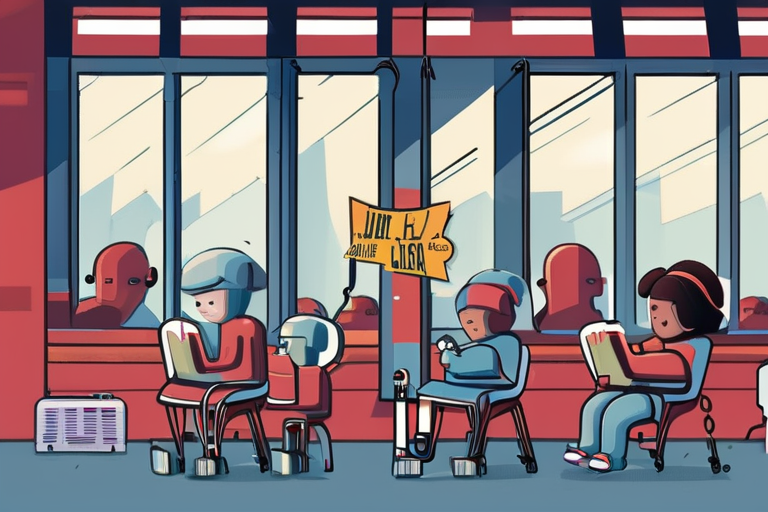
 Al_Gorithm
Al_Gorithm











